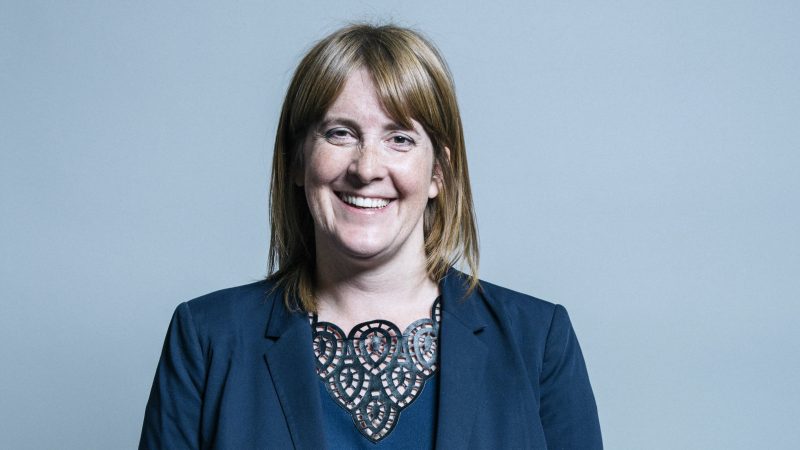
The Conservatives’ record on keeping people safe is woeful. On their watch, violent crime has increased by 150%, crimes are going unpunished, 21,000 officers have been cut from our streets and the police are struggling to deal with the devastating impact of dramatic cuts to mental health and other services.
In my constituency of Croydon Central, I have seen how crime – and in particular violent crime – is a top concern for people. A concern that has not been addressed by the Conservatives. It was six years ago that the impact of the government’s cuts really started to hit, and the number of young lives tragically and needlessly lost to violent crime skyrocketed – not just in London but across the country.
In our fire service, we have seen the loss of 11,000 personnel since 2010 – a shocking 20% of the service. The government has failed to get a grip of the national crisis in fire safety, even after the tragedy of the Grenfell Tower fire. Millions of people remain trapped in flats covered in flammable cladding, faced with extortionate bills and unable to sell. Just last month, the government even voted against our amendment to the fire safety bill, which would have put in place simple safety measures that were recommended in the Grenfell Tower Fire Inquiry’s phase one report.
I set up the all-party parliamentary group (APPG) on knife crime and have spent the last three years fighting to prevent violent crime. We have highlighted the importance of high-quality youth services, mental health support and tackling the huge rise in school exclusions. And, crucially, of treating violence as a public health crisis, putting prevention at the heart of our response. Sadiq Khan has shown how this can be delivered, doing huge amounts on this agenda in London. Meanwhile, the UK government has failed to follow through on even its limited commitments. With its own serious violence taskforce having not met in a year, it’s not hard to believe that Boris Johnson is more interested in a tough headline than actually tackling crime.
I was really delighted that Keir appointed me to be the Labour Party’s shadow minister for policing and fire, giving me the chance to serve on Labour’s frontbench in a role that I am truly passionate about. I am in the brilliant shadow Home Office team led by Shadow Home Secretary Nick Thomas-Symonds, and together we will do everything we can from opposition to bring down the crime levels we have seen under the Tories and hold this failing government to account.
As Keir set out in his conference speech, under his leadership Labour will be the party of opportunity, family and security. We must be trusted to keep people safe. And building safer communities is my top priority. This means safer homes and safer streets. Police forces need adequate resources to ensure that offenders are caught and punished. We need to rebuild our public services so that they can prevent people from committing crime in the first place. We need to increase protections for our officers to allow them to safely do their jobs. And we need to ensure our police service reflects and is trusted by the communities it serves, with a campaign to recruit more Black and ethnic minority recruits.
Throughout the Covid-19 pandemic, our police and fire services have gone above and beyond in extremely difficult circumstances to support us. I want to thank them for everything they do. Every person, every family and every community deserves to walk the streets in safety and go to sleep at night without fear of a fire in their home. As shadow minister for policing and fire, I will do all I can to challenge the government and make this a reality.
This piece is part of a series by members of the new frontbench.
Join us for our upcoming online event ‘LabourList in conversation with Sarah Jones’ on Wednesday, October 27th, at 6pm.




More from LabourList
‘Europe must stand strong on its own as US security guarantees grow conditional’
‘Tackling poverty should be the legacy of Keir Starmer’s government’
‘The High Court judgment brings more uncertainty for the trans community’